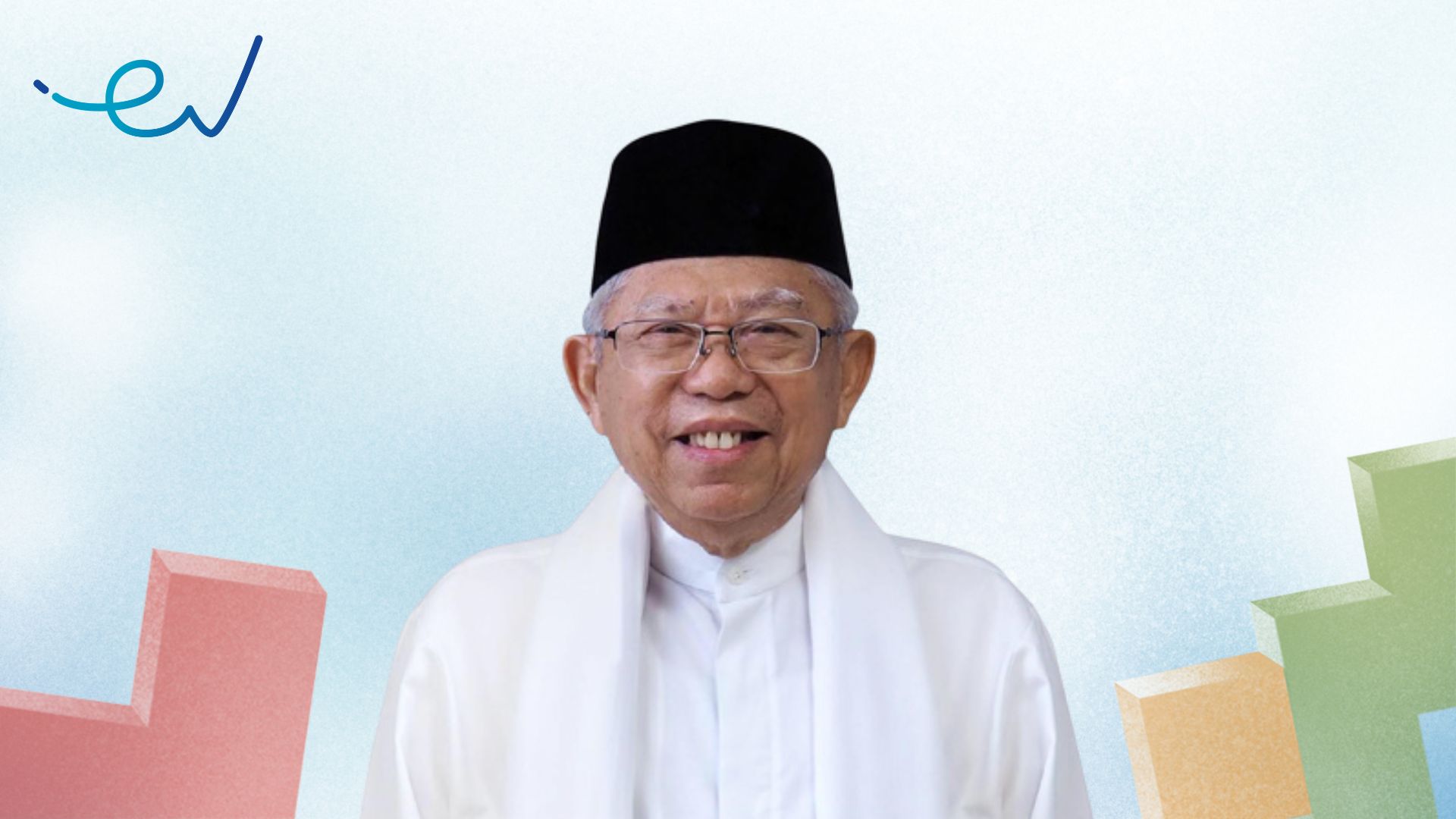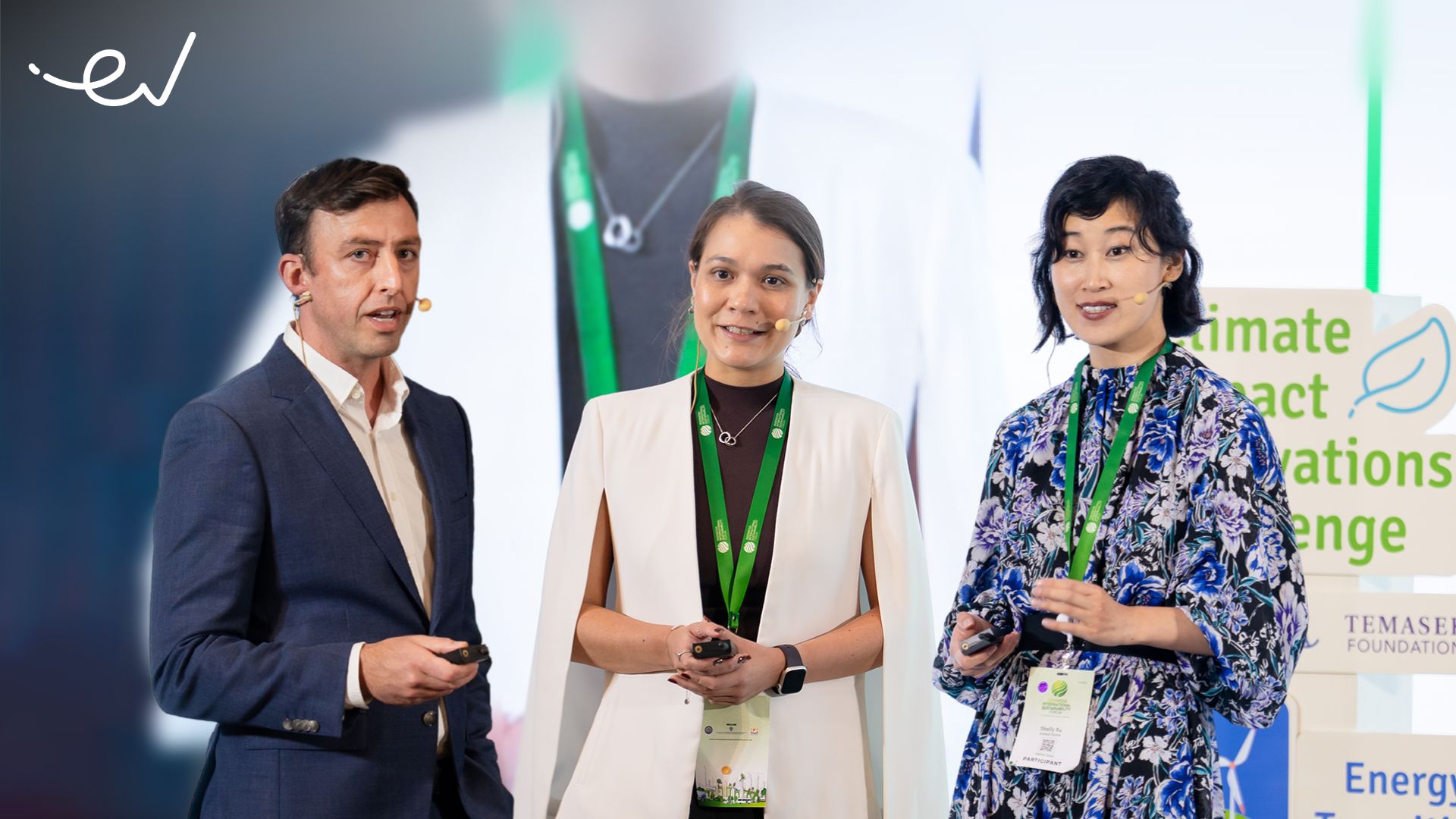Information technology should be the backbone of community services and as a tool to improve the investment climate. What kind of collaboration is built between the government and the private sector in the integration of public services, especially in the case of Digital Public Service Mall (Mal Pelayanan Publik/MPP)?
I always emphasize the importance of improving the quality of public services at various events. The government continues to promote public services that are professional, straightforward, free of corruption, and have a real impact on the people. Community satisfaction with public services reflects the presence of state in society.
One of the strategies to improve public services is through the implementation of MPP in cities/regencies. MPP uses the concept of one stop service, as the integration of various types of public services in one building/place.
It is hoped that by the end of 2024, all cities/regencies will have MPPs. As of March 1, 2023, the Minister of State Apparatus Utilization and Bureaucratic Reform (PANRB) had inaugurated 112 MPPs (1 MPP DKI Province and 111 MPP cities/regencies).
We are also committed to developing digital MPP, which will make it easier to reach because service requests can be submitted via mobile phone/device. However, we also need to consider the conditions, characteristics, and digital literacy of people who are not evenly distributed. As a result, the presence of physical and hybrid MPPs in multiple cities/regencies is still required, while digital MPPs are being developed.
The digital MPP developed by the Ministry of PANRB that adopts the Smart Kampung platform belonging to the Banyuwangi Regency MPP. MPP digital is expected to be launched on 20 May 2023, right on the commemoration of National Awakening Day. I hope that this date serves as a wake-up call for our public service.
The national digital MPP platform is a collaboration between the Ministries of PANRB, Communication and Informatics, National Development Planning/Bappenas, Home Affairs, the Banyuwangi Regency Government, the National Single Window Institution (LNSW), with assistance from Bank Mandiri and PT Telkom.
The Vice President of the Republic of Indonesia asked regional heads to make breakthroughs to stimulate regional development. How is the collaboration carried out between the central and regional governments in supporting equitable development in the regions?
It is indeed impossible to achieve the national development target without good collaboration between the Central and Regional Governments. Development cannot be carried out sectorally or partially in terms of implementing subjects and objects to be built in order to be effective. Synergistic efforts must be made by ministries/agencies, provincial governments, and city/regency governments, as well as elements of the private sector and the community.
All stakeholders must discuss and agree on development policies, programs, and activities, including their financing, so that development implementation has a significant impact on the welfare and prosperity of all Indonesians. This forum is held in the Musrenbangnas at Bappenas which involves all parties.
For example, Presidential Instruction No. 9/2020 on Accelerating Welfare Development in the Provinces of Papua and West Papua, and Presidential Instruction No. 4/2022 on Accelerating the Elimination of Extreme Poverty. There are clear instructions from the President directing all ministers, heads of institutions, and governors/regents/mayors to work together in accordance with their authority to carry out the mandates of the two regulations.
What kind of support do regional governments need in promoting development in their area?
The government is deeply committed to achieving development at both the national and regional levels. Ministries/Agencies support regional development according to their duties and functions. The support provided includes aspects of policy regulation, financing investments or budget allocations disbursed to the regions, as well as institutional aspects.
What is the government’s strategy for encouraging investment and equitable distribution of digitalization in order to accelerate Papua’s development?
Papua was awarded by God with the potential for abundant natural resources. The 7 customary territories spread across the Papua region have superior potential, for example, fishery/marine products, mines, plantations, and others. Papuan economy is guided by the principles of justice and equity in order to maximize the welfare of the Papuan people.
The government is committed to accelerating Papua’s welfare development. For this purpose, I think it is important to go directly and observe the development efforts there as well as photograph first-hand the real conditions, challenges and constraints that are still being faced in the development of welfare in Papua, so that the output of development policies and solutions to various problems in Papua will be produced later. Papua is expected to be right on target, effective, and better able to answer the root of the problem.
It is also hoped that this policy will accelerate the fulfillment of the basic needs of our brothers and sisters in Papua, such as housing, clean water, electricity, education services, health services, access to economic activities, including the need for information technology.
The government recognizes that an internet connection has become a basic human need, and Papua is no exception. As a result, the government, in this case the Ministry of Communication and Informatics (Kemenkominfo), along with other stakeholders, continues to build internet infrastructure in areas of Papua, which will certainly have an impact on improving the quality of life for the Papuan people, including education, public services, and increased investment.
What are the government’s plans and strategies for developing the digitization of the halal industry and the sharia economic ecosystem?
One of the strategies is to expand the capacity of the National Sharia Economic and Finance Committee (Komite Nasional Ekonomi dan Keuangan Syariah/KNEKS) through the establishment of Regional Islamic Economic and Finance Committees (Komite Daerah Ekonomi dan Keuangan Syariah/KDEKS) at the provincial level in Indonesia, as a catalyst of the sharia economic development at the national and provincial levels.
Furthermore, the Government continues to encourage the development of business networks and supporting infrastructure to strengthen the sharia economic ecosystem and the halal industry in the regions. The supporting infrastructure includes port and airport facilities, transportation infrastructure, and information technology infrastructure. This aims to strengthen the connectivity and accessibility of the halal industry in the region.
In line with the need for digitization in Papua, we must accelerate digitalization in all parts of the country to help achieve various development goals. The government will promote digitalization in the Islamic economic sector and halal industry, including the use of blockchain technology, the internet of things (IoT), and artificial intelligence. We hope that technological advancements will strengthen innovation and research on halal products/ingredients, halal product safety and credibility, and business efficiency.
The government also continues to support the development of sharia economics and halal product research, study, and innovation centers. It is hoped that this research, study, and innovation facility will also provide halal entrepreneurs, particularly MSMEs, with training, mentoring, and access to capital.
Last but not least, we need to strengthen the capacity of human resources in the sharia economy and the halal industry, through education and training in various fields, including production, distribution, marketing and business development.
Download the EV-DCI 2023 here.







